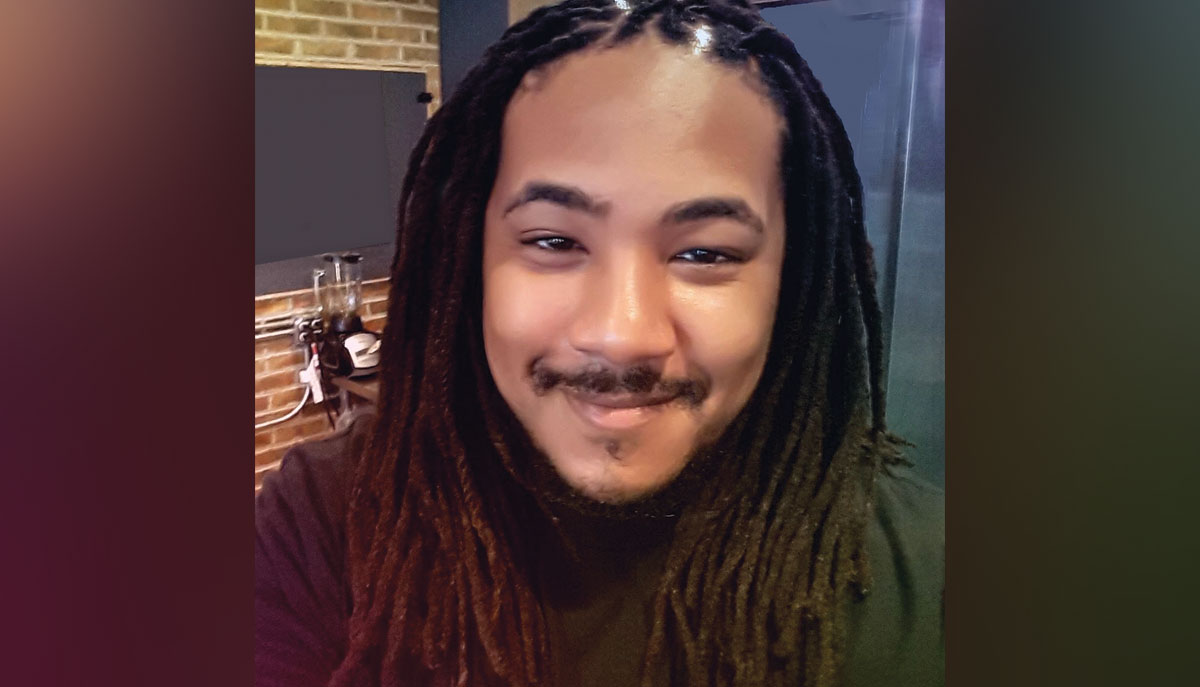At this time when the dharma is needed more acutely than ever, a time when our very existence is threatened as a result of our socially embedded greed, hatred, and ignorance, its expansive potential to liberate us from suffering is in danger of being rendered impotent because it is held in subjugation to the very systems that it must thoroughly examine.
It’s very difficult to know exactly what the future of Buddhism in America will be. Buddhism is similar to a seed. It changes and adapts to the culture it inhabits, turning into something that magically exhibits the culture that hosts it. The only thing we know for sure, as history has proven, is that Buddhism will only continue to exist if it has something to offer the community it inhabits.
I do fear what may become of Buddhism in America. This is a country that has its roots deeply implanted in the dense mud of supremacism, racism, and capitalism. This country screams about democracy, but behaves entirely differently to what we boldly profess ourselves to be. Daily we witness people of color terrorized in their own homeland. Immigrants who desperately are trying to take refuge in a land of milk and honey are met instead with brute force and hatred.
How can Buddhism be of any kind of help to the madness that is being displayed?
What is even more troubling is that we may be coming towards the end of an era in which Buddhism was seen as an “oriental” spiritual experience offering an escape from the mundanity of high- to middle-class Western civilization. This cultural shift has possibly led to a stripped-down version of Buddhism, reduced from its rich cultural context, origins, and spiritual indications to a mere “relatable” and “practical” exercise of mindfulness meditation for the workplace.
We should never forget that the teachings of the Eternal Shakyamuni Buddha are transmittable. Yet, we must be critical of its fertilization, cultivation, and growth in the soil of a capitalistic society.
I remember when I first started my excursion toward the dharma. I found myself wrestling with my own internal issues involving Buddhism. These questions included “What can these teachings offer me or inspire in me to cultivate a certain kind of mindset?” and “How can this practice help deliver me from a mental entanglement of slave mentality, self-inflicted homo-phobia, low self-esteem, and body shaming, all wrapped in a rigger blanket of self-worthlessness?”
I was similar to Shakyamuni, in the sense that I was searching for truth and liberation. I went from one sect of Buddhism to the next in search of a home, one where I could feel as though I was back in the beloved black church, a place for me that felt familiar.
I found that in my chanting of the Odaimoku: Namu Myoho Renge Kyo. I’ve been practicing in the Nichiren tradition for a little over five years now. Every day I make the effort to do morning and evening practice by chanting the Odaimoku and the Lotus Sutra in the traditional way that we call Shindoku.
Over time, this practice cultivates a certain merit, but more importantly we begin to notice its effects on our actions, habits, speech, and thoughts. We chant so that we can cultivate the spirit of a bodhisattva, which gives us the strength to help others during our journey in the dharma.
But none of this means anything unless we put our practice into actions. As Nichiren Daishonin wrote in the Kaimoku Sho, “Our virtues or vices in our past can be seen in our present fortune; our future fortune can be seen in our present acts.”
Likewise, the future of Buddhism is determined by the actions that we take now. Therefore, we must never give up on our practice or our beloved dharma. We must never give up on our sangha. And we should never have doubt in the Buddha. For as it states in chapter sixteen of the Lotus Sutra, the Eternal Shakyamuni Buddha is always thinking with compassion about how to help us quickly attain our enlightenment.
As an African American male who so happens to be queer, I have wrestled with my own internal demons. These demons have their roots in childhood trauma that has its roots in the slave mentality that reaches into every element of an individual’s life. This slave mentality goes back to the day of the enslaved of North America, and continues in the social dynamics of today. I see it weekly in killings of children, fathers, mothers, cousins, aunts, and grandparents on the streets of Chicago’s South Side. I also see it in the low quality of life, lack of jobs, and tarnished environment that surrounds us, in part, on the South Side of Chicago.
The future of Buddhism must have a space for the African American experience. Buddhism offers the insight that it all starts with our mind, and that how we see ourselves determines how we treat ourselves. Therefore, I have been called to action to promote the teachings of Shakyamuni Buddha on the South Side. Monthly I open my home to those who may be interested in hearing the dharma, because there are no temples in most parts of South Side Chicago. Of course, the road isn’t easy when building up a sangha. Sometimes people don’t show up, but the doors remain open.
The future of Buddhism rests on the shoulders of those who practice and study so that they can develop a better connection with the Buddha, and become the bodhisattvas we need during these times of trouble. Our faith in the future of Buddhism in America, and the world, depends on the kind actions we take now.

